We recently conducted a survey of our loyal users and found that a significant portion of the respondents reported using our cases for scientific instruments. Although this came as no surprise to us, as we knew that Peli cases were particularly adept a protecting fragile equipment used by professionals in this field, it got us to thinking, perhaps we could put together a post to introduce the life science and biotechnology sectors as well as how Peli helps these industries conduct research and development in the field and in the lab.
What are the life sciences?
Basically, life science studies life in all its forms from the past to present. This includes plants, animals, viruses, bacteria, single-celled organisms and even cells themselves. Life science studies the biology of how all these organisms live and is thus sometimes referred to simply as biology.
With more than an estimated eight million animal species of life on earth, around 400,000 species of plants and a practically innumerable amount of virus and bacteria species, as you might imagine, there are many different forms of life that one can study. Thus, there are various different branches or fields of study within the life sciences. This includes the fields of ecology, which is the study of how organisms interact within their environments or ecosystems; botany, which studies plants; zoology, which studies the animal kingdom; and entomology, which studies insects.
Then there are the various life sciences that study organisms we cannot see with the naked eye such as in microbiology, which studies some of the smallest living organisms around us such as bacteria, viruses and single-celled organisms. If we dig down even deeper, we can study the living systems that exist within individual cells, which is done in the study of cell biology.
A relatively new life science field that looks at DNA and the genome to understand how traits are passed down from one generation to another and how they are then able to adapt to an environment is done through the study of genetics. And although this is by no means an exhaustive list, the last we will discuss here, and is of particular interest to us in recent times, is epidemiology, which studies the lifecycles of diseases, how the organisms that cause these diseases live, reproduce, affect humans, and ultimately, how they die. A cornerstone of public health, epidemiology looks at outbreak patterns and attempts to come up with treatments and cures such as vaccines.
What is Biotechnology?
Biotechnology is a science-driven industry sector which employs living organisms and molecular biology to produce healthcare related products and therapeutics. One can think of biotechnology as taking the work of studying life science, or biology, and applying it to create real-world solutions to problems. The biotechnology sector has grown by leaps and bounds in recent years and is most notably known for the increasingly important role that it has played in the fields of medicine and pharmaceuticals. It has also been applied in other areas such as genomics, food production, and the production of biofuels.
Although biotechnology has taken some flack in recent years due to the practice of genetic modification which is inherent within the industry and thus the long-term impact on human life is generally unknown, it has nevertheless proven instrumental in extending the human lifespan and improving the quality of life on earth. Biotechnology has been responsible for the creation of myriad products and therapies that combat diseases, fighting world hunger by improving and increasing food production through the generation of higher crop yields, as well as creating biofuels that aid in the reduction of greenhouse gas emissions to combat the effects of climate change and global warming.
How Peli Helps the Life Science and Biotechnology industries
As one might imagine, there are a number of different instruments and apparatuses that scientists must use out in the field, but also in the laboratory. These instruments are extremely fragile and must be protected when transported and stored. Enter Peli cases, the virtually indestructible IP67-rated watertight cases that are perfect for whatever scientific or medical device you might need to protect, whether that be laboratory glassware, microscopy and spectroscopy instrumentation, or analytical measurement and testing instruments such as DNA sequencing equipment, among many others.
The Mars Analogue Fumarole Interdisciplinary Collaboration (MAFIC) conducted a scientific research expedition in Chile’s Atacama Desert back in April 2018. To complete their multidisciplinary research, the MAFIC team needed to transport many pieces of highly sensitive equipment for mineralogical and microbial analysis. Much of this equipment is very precisely calibrated and therefore must be handled with extreme care. Naturally, our cases were their unanimous choice.
“We were specifically looking for extremely protective lightweight cases such as the PELI Air range. They give us peace of mind by protecting our long-distance radios that allow us to maintain contact with our basecamp. In addition, the PELI Air Cases shield the fragile pieces of equipment required to allow us to carry out DNA sequencing in the field.” said Vincent Rennie, MAFIC Coordinator. “PELI is the only one we trust for our mission.”
Peli Biothermal
We'd be remiss if we did not mention Peli BioThermal, which provides the life sciences industry with a comprehensive suite of patented and award winning thermal protection packaging solutions for the safe transport of pharmaceuticals, clinical trials, diagnostics, tissue, vaccines and blood supplies.
Peli BioThermal provides the life science industry with a broad range of passive single-use and reusable temperature controlled patented packaging solutions for the safe distribution of frozen, refrigerated and controlled ambient temperature-sensitive payloads.
Why use a Peli case to protect scientific equipment?
Peli cases are constantly tested by professionals under the toughest conditions on earth and are the trusted choice to accommodate all kinds of sensitive laboratory equipment, scientific tools, analytical instrumentation and heavy-duty communication systems. Not only are they virtually indestructible, IP67 watertight, dustproof, airtight, and chemical resistant, but their customizable interiors will ensure that no matter the size and shape of your vital equipment, it can be accommodated within a Peli case, guaranteed to arrive fully operational.
With regard to Peli BioThermal's packaging solutions, their specialized design, engineering and lab testing services ensure clients are fitted with cold chain performance solutions that best fit their purpose. Their Crēdo ProEnvision track-and-trace software, which allows clients to monitor temperature controlled packaging inventories throughout the entire end-to-end distribution cycle, allows clients to meet increasing global regulatory demands, manage challenging shipping lanes and unforeseen delays while reliably and confidently tracking critical, high-value payloads around the world.
For more information on Peli cases, we encourage you to read a few posts that go into more detail on the product range.
Protective Cases: What they are and why you need one
Protective Cases: A deep dive into case interiors
Protective Cases: Who uses them and why
How to choose the right Peli case for your needs
Visit PeliBioThermal.com to learn more about Peli's cold chain packaging solutions.
Additionally, if you’d like to learn more, click on the button below to see Peli's full case catalogue.

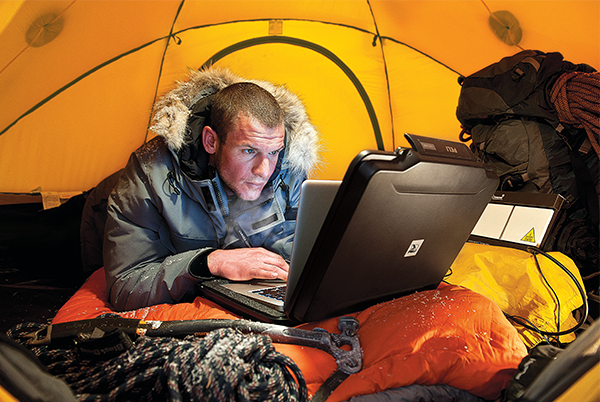


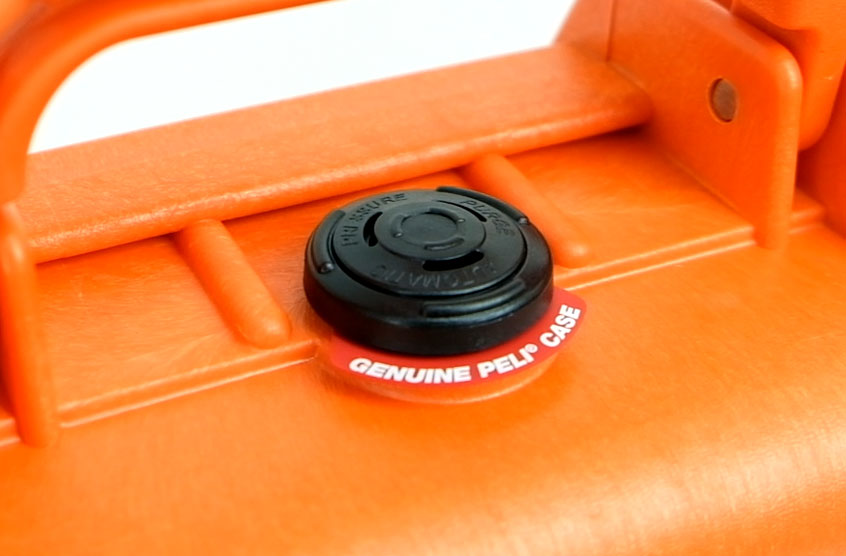
.png)

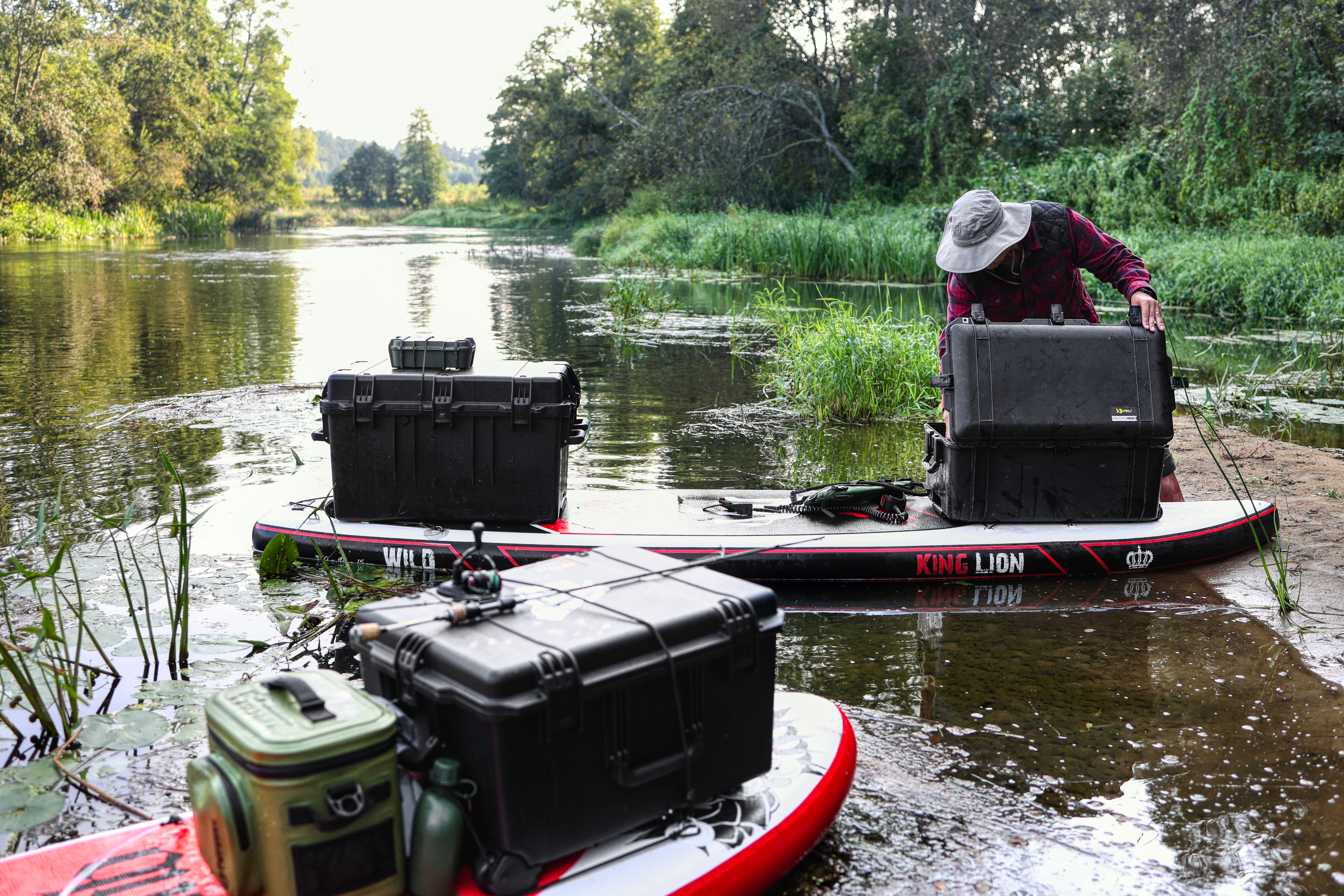
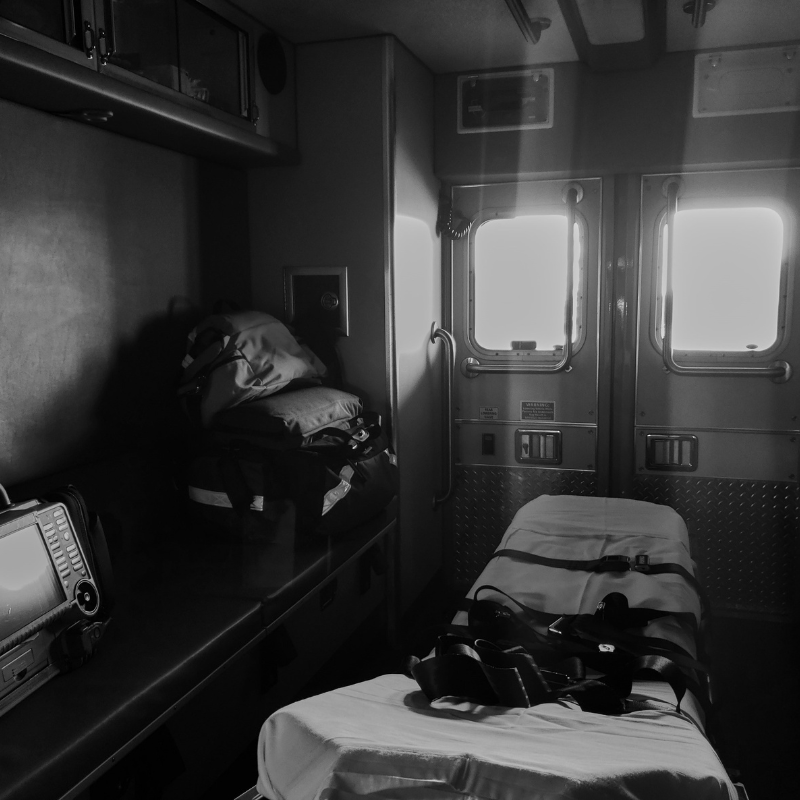


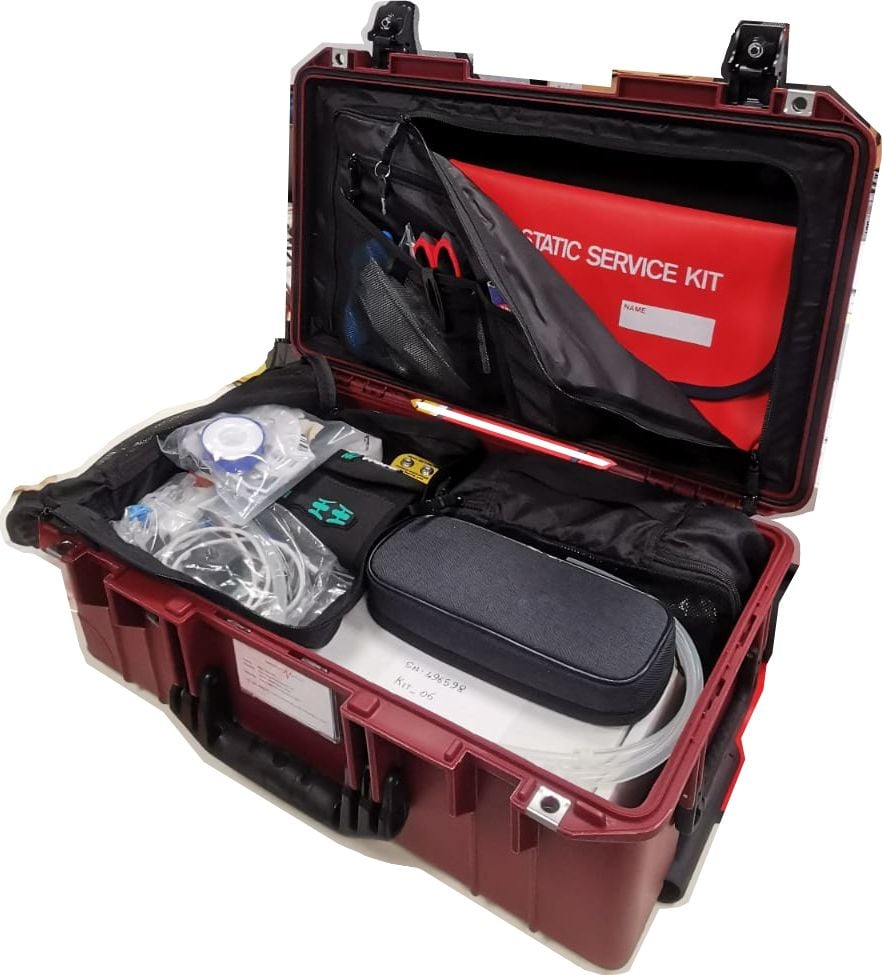
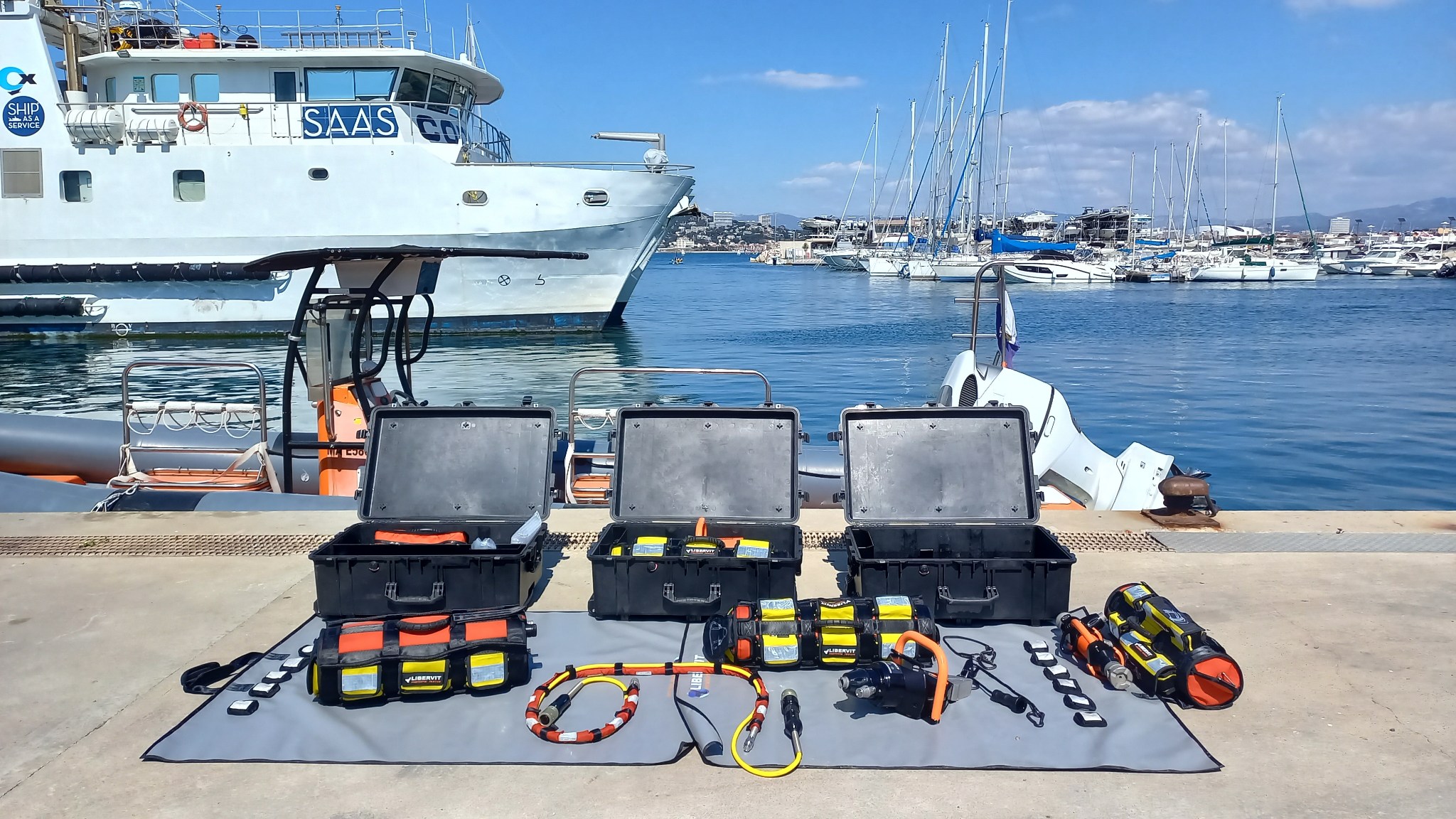
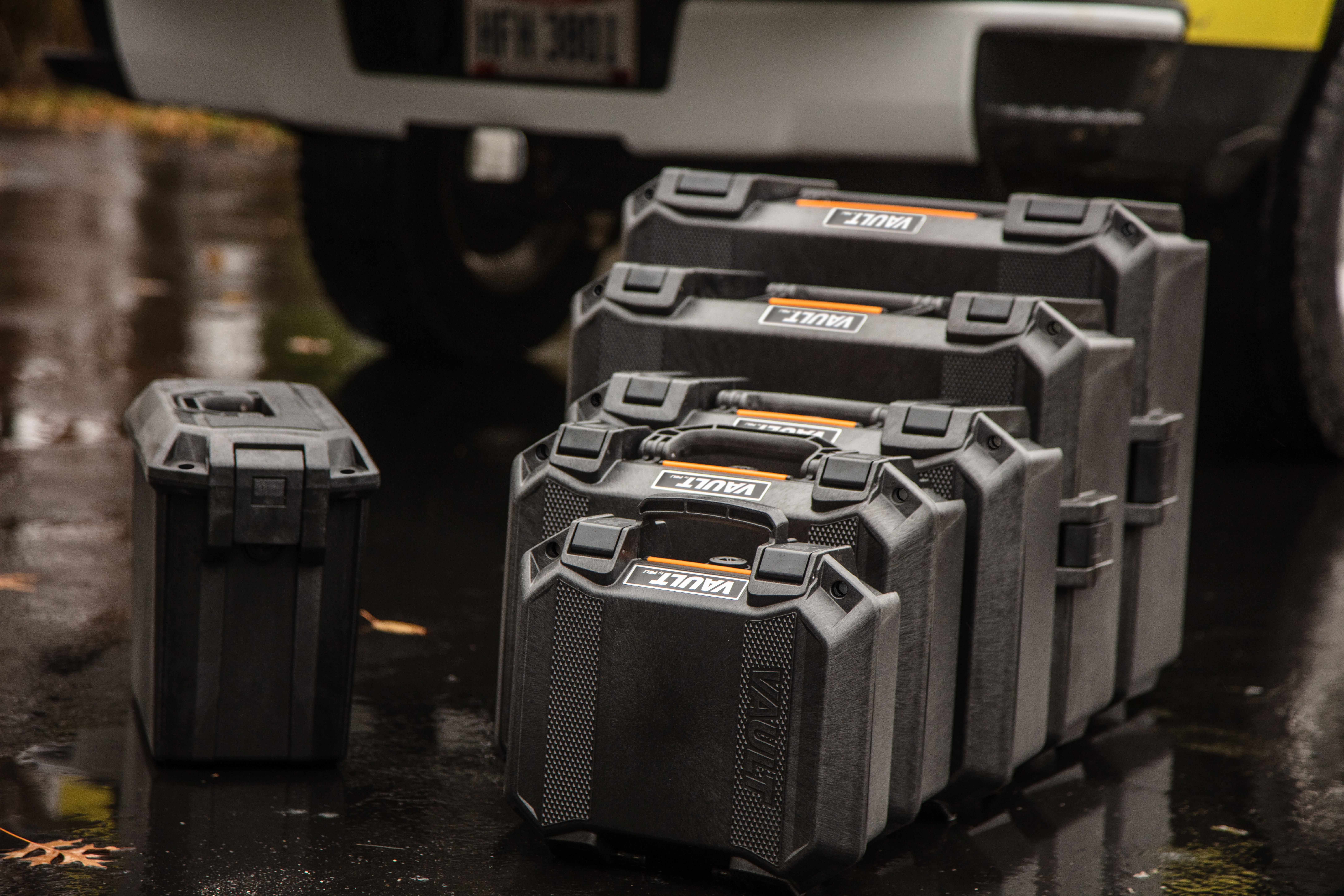
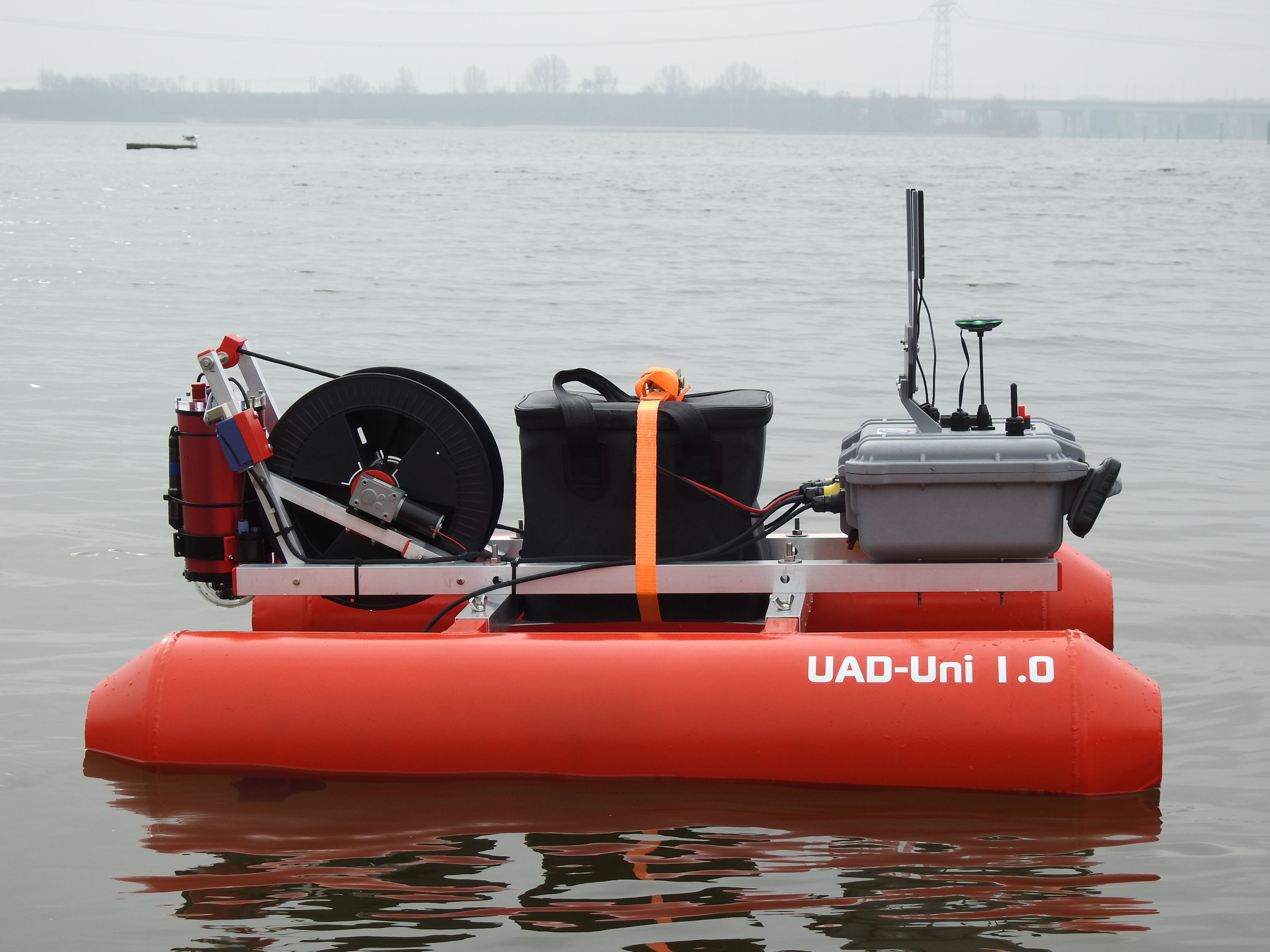
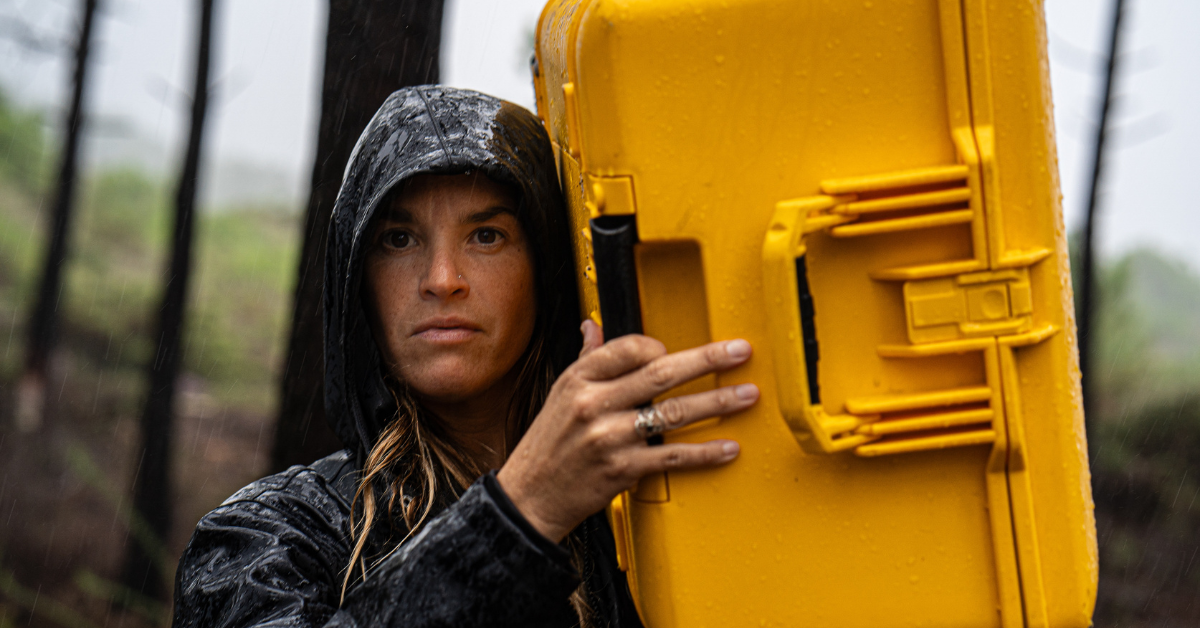

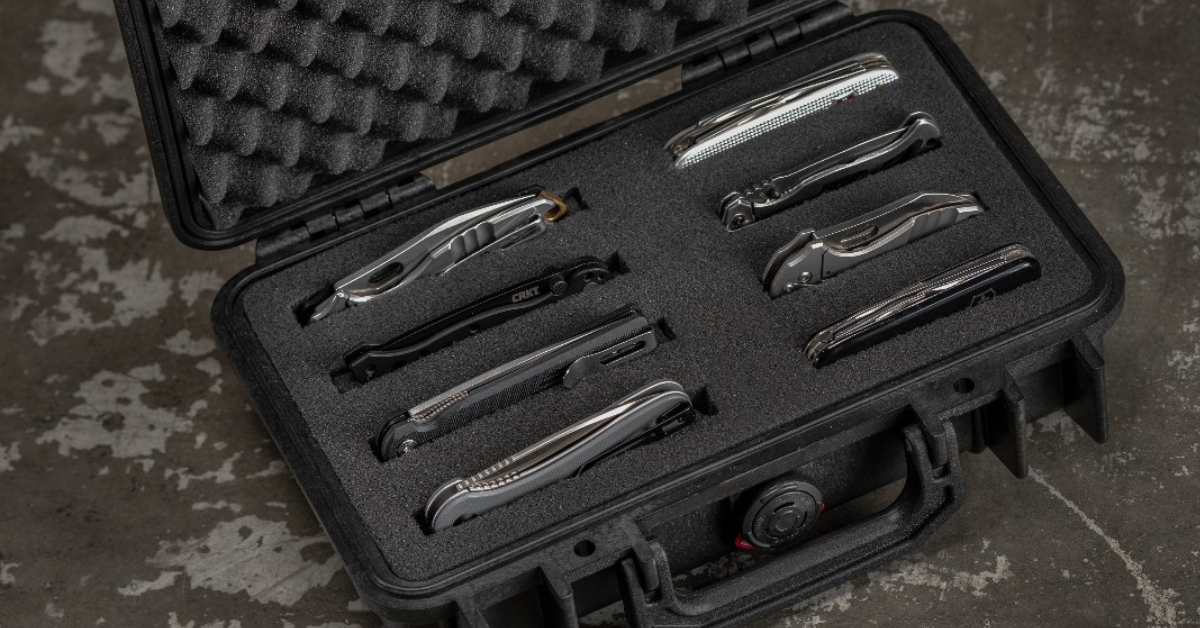
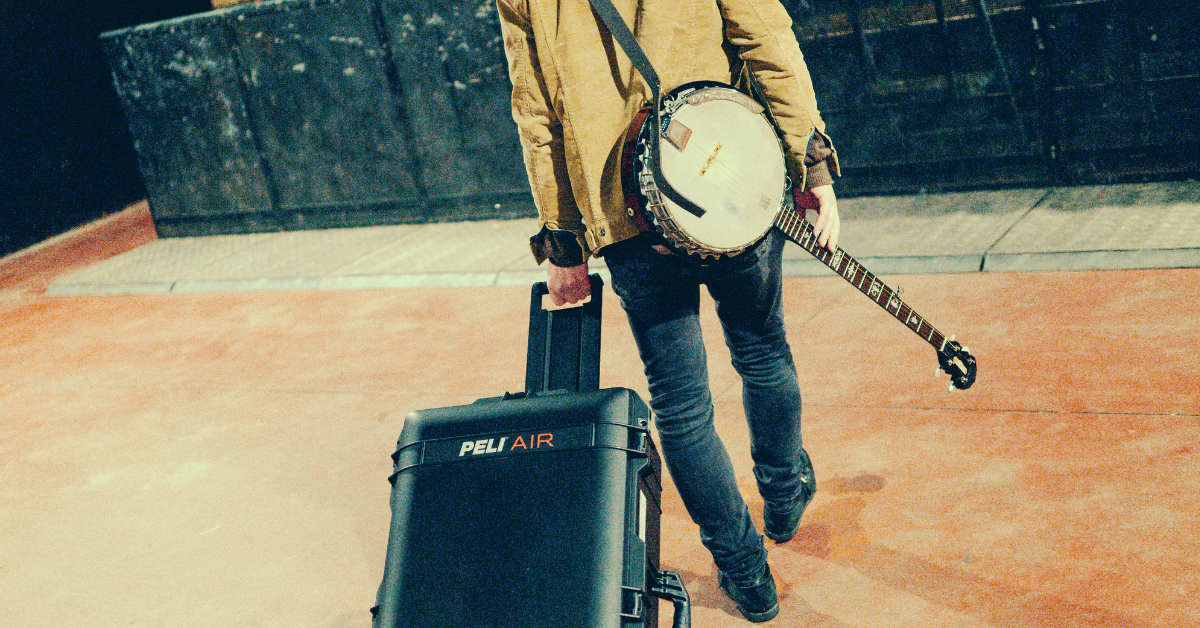

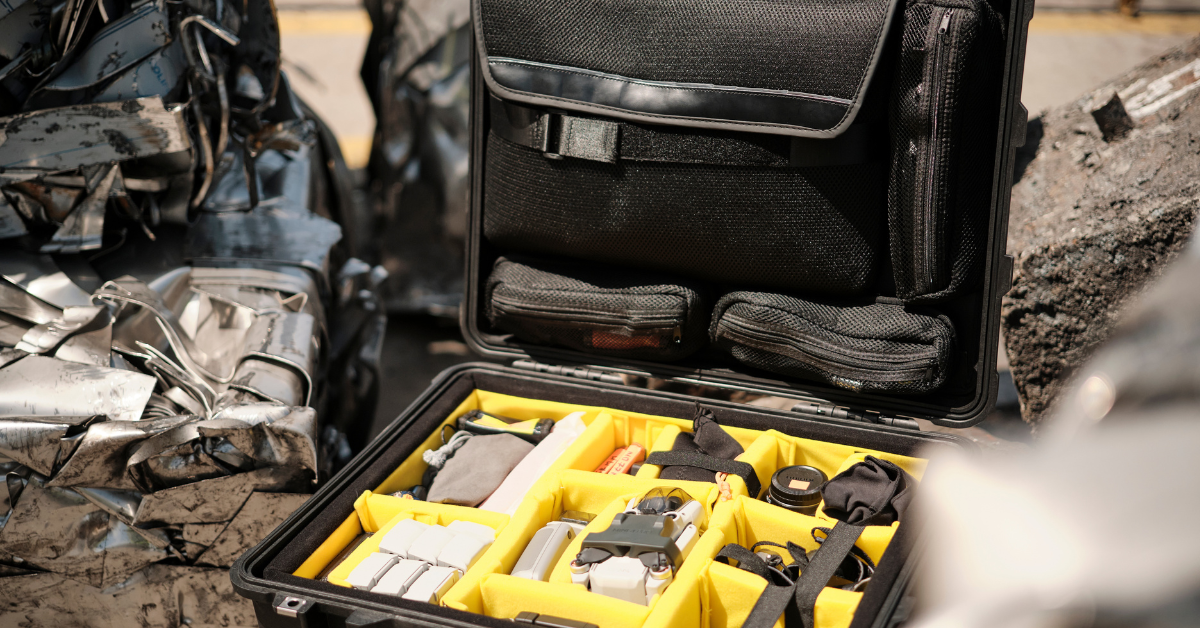
Post a comment